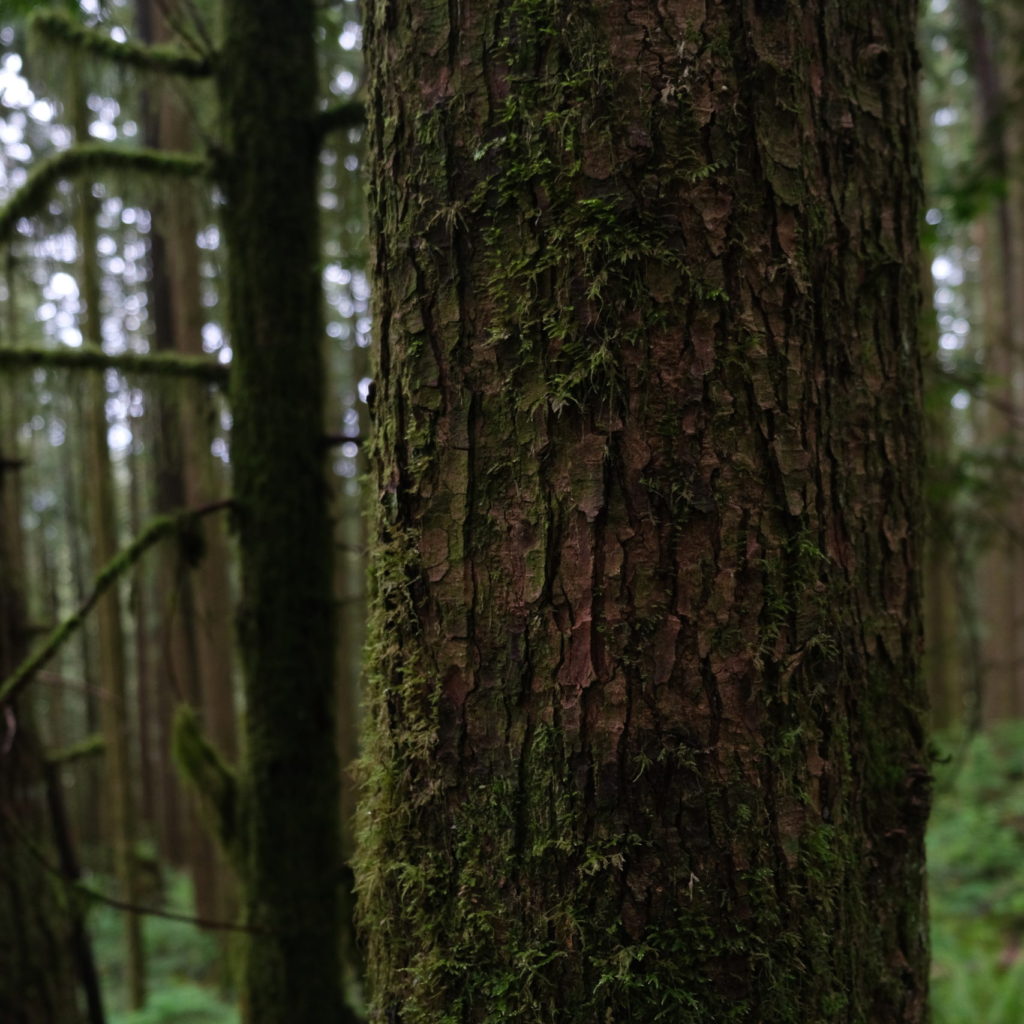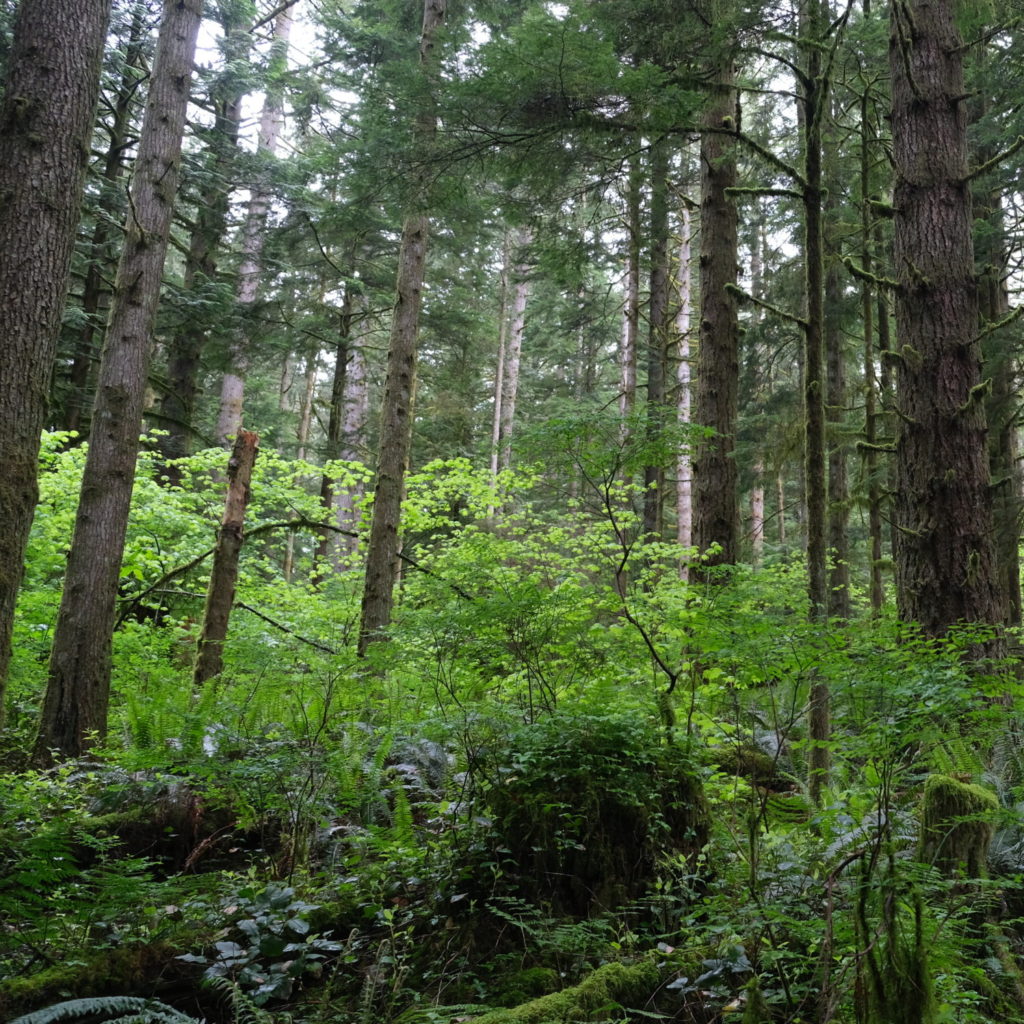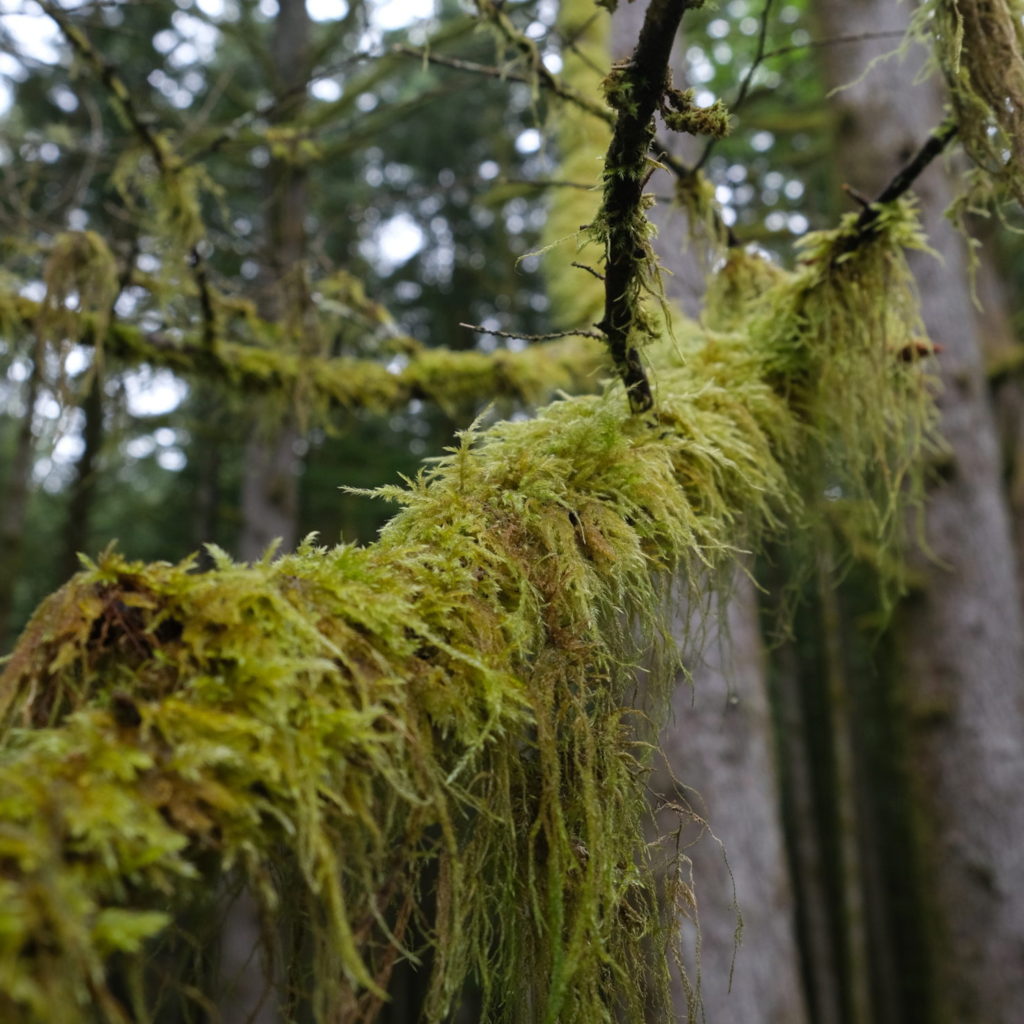Work 2 Give: Fostering Collective Citizenship through Artistic and Healing Spaces for Indigenous Inmates and Communities in British Columbia
Authors:
Helen Brown & Kelsey Timler
Published in:
BC Studies in July 2019
Therapeutic arts and crafts, as healing modalities, exist within specific historic and contemporary contexts. We examine the positioning of social citizenship for incarcerated Aboriginal men in BC prisons who participate in a prison employment and hobby program, where they create art objects that are donated to Aboriginal communities. Click to read an accessible summary of this academic paper





